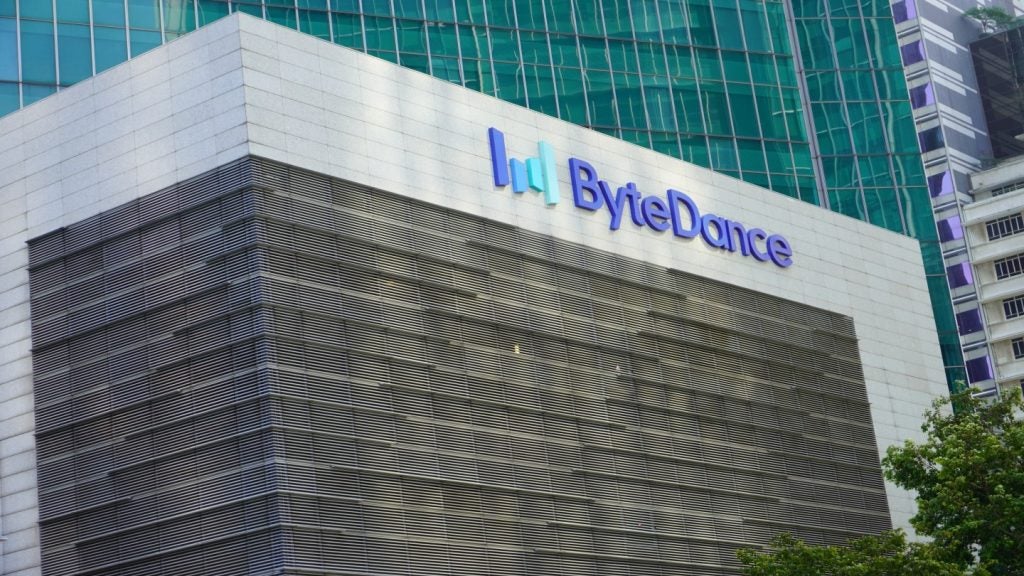

Israel has long attracted comparatively high volumes of inward foreign direct investment (FDI) thanks to a liberal investment regime, as well as Israeli companies being enthusiastic cross-border investors.
Inward FDI flows accounted for 22.4% of Israel’s gross fixed capital formation (net investment) in 2019, according to the UN Conference on Trade and Development (UNCTAD), compared with an international average of 7%.
Alhough Israel’s FDI inflows fell from $21bn in 2018 to $18bn in 2019, according to UNCTAD, that total was still enough for the country to rank 20th in the world for inward cross-border investment.
Outward FDI from Israel is also above the international average, and much higher than that of near neighbours such as Egypt and Turkey. Outflows rose by one-third in 2019 to reach $8.5bn, although this was well below the 2016 peak of $14.5bn.
Tech boom
A strong research and development sector and highly skilled workforce have helped to bring investment into Israel, with the technology sector particularly benefitting in recent years. Research from accountancy firm PwC shows the total value of exits by Israeli tech start-ups, either through acquisitions or initial public offerings, rose 102% to $9.9bn in 2019.
According to data from Israel’s Central Bureau of Statistics, computer programming and consulting was the sector to attract the most inward investment in 2016, 2017 and 2018. Three other sectors were close behind – financial services, manufacturing of electronic and computer equipment, and scientific research and development.
How well do you really know your competitors?
Access the most comprehensive Company Profiles on the market, powered by GlobalData. Save hours of research. Gain competitive edge.

Thank you!
Your download email will arrive shortly
Not ready to buy yet? Download a free sample
We are confident about the unique quality of our Company Profiles. However, we want you to make the most beneficial decision for your business, so we offer a free sample that you can download by submitting the below form
By GlobalDataWhile FDI remains robust in Israel, it did decline in 2019 both for greenfield and mergers and acquisitions (M&A) transactions, according to UNCTAD. Cross-border M&A across all sectors declined from just under $13bn in 2018 to $8bn, a second yearly decline after the $19bn in transactions recorded in 2017.
An even larger decline was seen in the value of announced greenfield investment projects in 2019, which fell to just $1.75bn from more than $7bn in 2018. The 2019 total was also lower than the 2005–2007 pre-financial crisis average of just over $2bn.
Open arms?
A study published in August 2020 by Pew Research analysing public opinion of FDI in 15 countries showed 60% of Israelis supportive of foreign companies acquiring local businesses. In most other countries foreign ownership is becoming increasingly unpopular, according to the report, at a time when new foreign investment screening rules are being introduced in jurisdictions around the world.
Israel has also recently established an advisory committee to assess the national security implications of foreign investment and the government has introduced initiatives to further encourage foreign investors.
In December 2019, a new government programme eased immigration rules and provided incentives for foreign start-up companies.
As in other countries, the impact of Covid-19 is set to reduce FDI volumes. An early casualty was the proposed $900m acquisition of domestic company Partner Communications by a subsidiary of Luxembourg-based Altice, with the buyer blaming wider economic conditions for the deal falling through in March 2020.
The peace accord between Israel and the United Arab Emirates, announced in August 2020, opens up a new market for inbound and outbound investment, which could help support flows dampened by Covid-19 and low oil prices.
While a rebound in greenfield FDI is unlikely, with UNCTAD predicting a global FDI decline of 40%, Israeli companies could still prove attractive acquisition targets for those that still have capital to invest.






